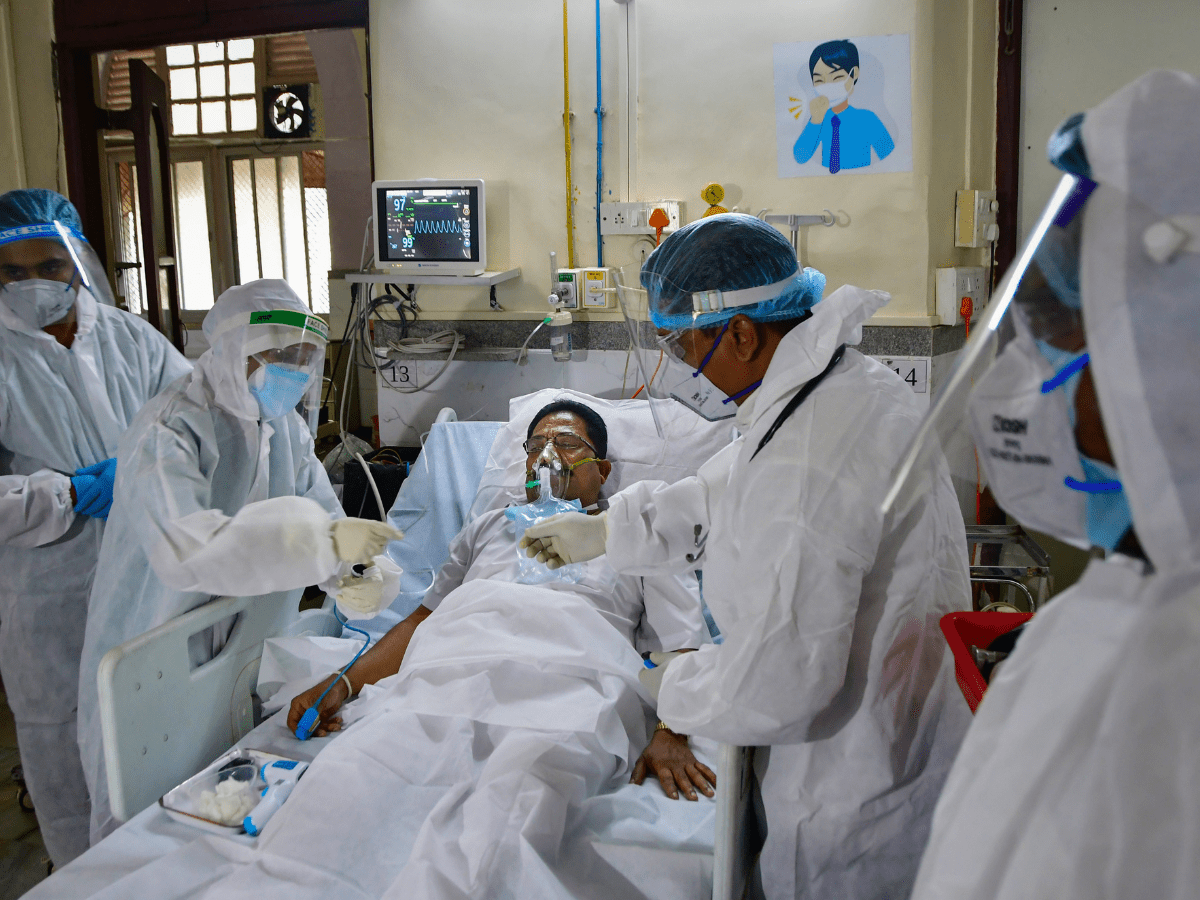
New York: Heart transplant recipients receiving organs from active Covid-19 positive donors may have an increased risk of death at six months and one year when compared to those receiving organs from people who recovered from the infectious disease, according to a study.
“These early trends should be concerning enough such that heart transplantation centres need to thoroughly evaluate and continue to weigh the risks/benefits of using hearts from active Covid-19 donors,” said lead author Shivank Madan, a cardiologist at the Center for Advanced Cardiac Therapy at Montefiore Medical Center/Albert Einstein College of Medicine in New York.
Researchers in this study sought to determine utilisation trends and outcomes of heart transplants using Covid donors.
According to researchers, this data is especially important because Covid virus can cause endothelial dysfunction and myocardial injury in potential donors that may manifest only sub-clinically pre-transplant; currently, there is no clear consensus regarding the evaluation and use of Covid donors for heart transplants.
The study looked at more than 27,000 donors between May 2020 and June 2022; and at 239 heart transplants. Donors were considered Covid donors if they tested positive at any time during terminal hospitalisation.
Active Covid status was given to those who tested positive within two days of organ procurement and recently resolved Covid status was given to those who tested positive initially but became negative prior to procurement.
The results, published in the Journal of the American College of Cardiology, showed that those who received heart transplants from active Covid donors had an increased risk of mortality at six months and one year (7 percent vs 13.8 percent at six months and 9.2 percent vs. 23.2 percent at one year for non-Covid-19 vs. active Covid, respectively).
Those who received transplants from recently resolved Covid donors had similar six-month and one-year mortality rates as those receiving transplants from non-Covid donors (7 percent vs. 8.5 percent at six months and 9.2 percent vs. 13.6 percent at one year for non-Covid vs. recently resolved Covid, respectively).
Limitations of the study include variation in the timing and frequency of Covid-19 testing during terminal hospitalisation and lack of information on Covid-19 disease activity, including Ct values to indicate viral load, date of disease onset and symptom burden, or vaccination status of donor or recipient.
